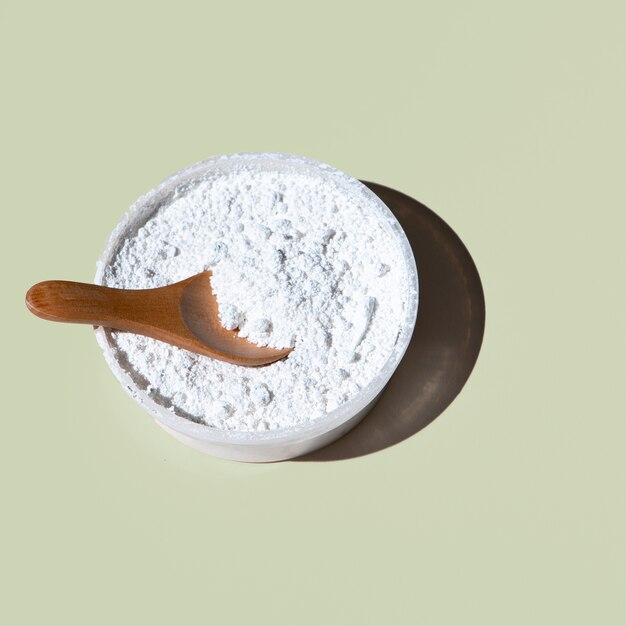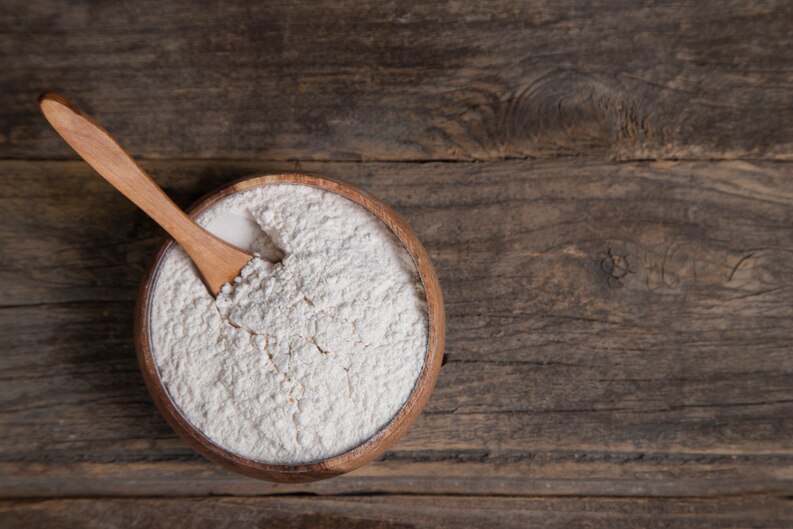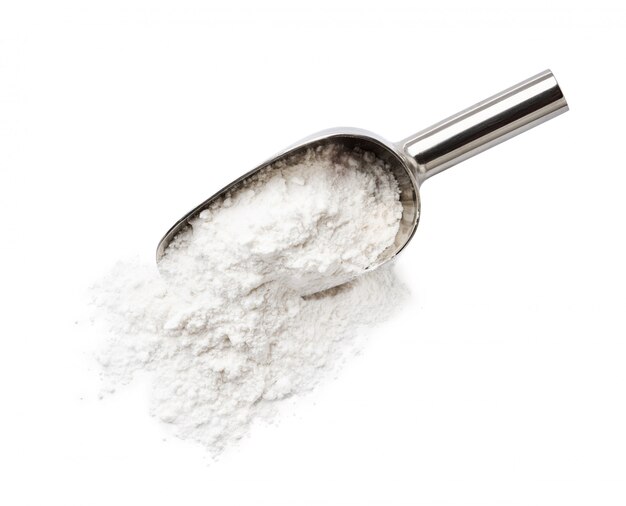Creatine is a popular dietary supplement among athletes, bodybuilders, and fitness enthusiasts. It’s renowned for its ability to enhance athletic performance, increase muscle mass, and improve overall strength. However, there’s often confusion and misinformation regarding the side effects of Creatine. In this article, we delve into the science behind side effects of Creatine, separating fact from fiction, to provide you with accurate and reliable information.
What Is Creatine?

Creatine is a naturally occurring compound found in small amounts in certain foods and synthesized by the body. It plays a crucial role in supplying energy to muscles during high-intensity, short-duration activities, such as weightlifting and sprinting. Creatine is stored in muscles and used for rapid energy production.
The Science Behind Creatine Supplementation
How Creatine Works
Creatine functions by increasing the body’s store of phosphocreatine, a high-energy compound that helps regenerate adenosine triphosphate (ATP), the primary source of cellular energy. This heightened ATP production allows for more rapid and sustained muscle contractions, leading to improved physical performance.
Benefits of Creatine
- Enhanced Muscle Growth: Creatine supplementation can increase muscle cell volume, promoting muscle growth over time.
- Improved Exercise Performance: Athletes often experience enhanced strength, power, and endurance, particularly during short bursts of intense activity.
- Neurological Benefits: Some research suggests that Creatine may have cognitive benefits, potentially aiding in conditions like Parkinson’s disease and depression.
- Muscle Recovery: Creatine may reduce muscle damage and inflammation, leading to quicker recovery after strenuous workouts.
Debunking Common Myths

Myth 1: Creatine Causes Kidney Damage
This misconception is unfounded. Numerous studies have shown that Creatine, when taken within recommended dosages, does not harm kidney function in healthy individuals. However, those with pre-existing kidney conditions should consult a healthcare professional before using Creatine.
Myth 2: Creatine Leads to Dehydration
Creatine can cause the muscles to retain water, which may initially lead to a slight increase in body weight. However, it does not dehydrate the body. Adequate hydration is essential while using Creatine to prevent any potential water retention side effects.
Myth 3: Creatine Is Only for Bodybuilders
While Creatine is popular among bodybuilders, it benefits a wide range of individuals, including athletes, fitness enthusiasts, and even older adults looking to maintain muscle mass and strength.
Myth 4: Creatine Is a Steroid
Creatine is often mistakenly associated with steroids. However, it is a naturally occurring compound and a legal dietary supplement. Unlike steroids, Creatine does not have the same hormonal effects and is safe when used as directed.
The Science Behind side effects of Creatine
Gastrointestinal Distress
Some users may experience mild gastrointestinal issues such as stomach cramps, nausea, or diarrhea when taking Creatine. These side effects are usually dose-dependent and can often be alleviated by reducing the dosage or taking Creatine with food.
Muscle Cramps
Although rare, some individuals report experiencing muscle cramps when using Creatine. These cramps are generally mild and can be managed by staying well-hydrated and stretching properly before workouts.
Weight Gain
Creatine may lead to a slight increase in body weight due to water retention in the muscles. However, this is not the same as gaining fat, and the additional weight typically levels out over time.
Frequently Asked Questions (FAQs)
Yes, Creatine is generally safe for long-term use when taken within recommended dosages. There is no evidence to suggest that it poses significant health risks when used responsibly.
Creatine can be safely combined with other supplements, but it’s essential to follow recommended dosages and consult with a healthcare professional if you have any concerns.
For most individuals, a daily dose of 3-5 grams of Creatine monohydrate is sufficient to experience its benefits. It can be taken at any time, but some people prefer to take it before or after workouts.
Creatine is generally safe for adults of all ages. However, it’s advisable to consult with a healthcare professional before giving Creatine to children or adolescents.
Creatine is not a weight loss supplement. It primarily enhances muscle performance and growth. While it may indirectly contribute to weight loss by boosting metabolism, its effects on body weight are modest.
Emerging research suggests that Creatine may have cognitive benefits, potentially improving brain health and cognitive function. However, further studies are needed to confirm these effects definitively.
Conclusion
The science behind side effects of Creatine reveals that, when used responsibly, Creatine is a safe and effective dietary supplement with numerous benefits. The common myths surrounding Creatine have been debunked, clarifying its role in enhancing athletic performance and promoting muscle growth. As with any supplement, it’s essential to follow recommended dosages and consult with a healthcare professional if you have any underlying health concerns.
In summary, understanding the science behind Creatine empowers individuals to make informed decisions about its use, ensuring they can reap the rewards of this valuable dietary supplement.







Leave a Reply